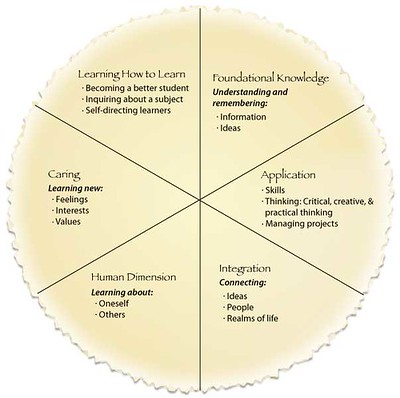
By Dr. Shannon Newell
So, we’re almost ½ way through the semester. You, your students and your family have all settled into a routine, but do you still seem to find yourself experiencing overwhelming stress, frustration, or concern? Maybe some of your students are starting to fall off the grid or appear distracted. Maybe you’re losing your motivation to get work done or stay focused, your lectures have lost some pizzazz, and maybe you find yourself daydreaming about a long solitary vacation (oh, am I the only one?).
This semester is like no other that we have encountered (are you tired of hearing of how we’re in an unprecedented time?). Continued self-care is critical not only for our own well-being but quite honestly, for the well-being of those around us. However, I have a huge word of caution for you, self-care will not be beneficial without self-compassion. I want to thank my friend, Dr. Rebecca Branstetter, for this reminder from her recently published webinar on parenting during a pandemic. If we cannot engage in self-compassion, we are doing the very best we can during extremely stressful and unusual circumstances, then acts of self-care will lose their benefit.
So, how do we engage in self-compassion? First and foremost, we have to be kind to ourselves. Would you say the same things to your best friend that you are saying in your head? Some days, I am not the patient parent I would like to think I am. But I am human, I make mistakes, and I have opportunities to make amends (and thank goodness I have a very forgiving son). Similarly, I am not the professor I would like to imagine myself being, but I am doing the best that I can, as are my students. Beating myself up about what I could or should be doing better isn’t going to help anyone. Furthermore, if I am beating myself up when engaged in a self-care activity (such as going for a walk) makes the self-care activity moot. Remember that there is no right or wrong way to feel and putting pressure on yourself to “stay positive” only adds to the stress.
Second, we need to be mindful. Think about how you are feeling and be sure to label those feelings. Recognize that you are feeling an emotion. Set an alarm on your phone throughout the day, pause, scan your body, and label your feelings. Not quite sure what you want to call it? The internet is filled with emotion wheels that can be used to expand your emotion vocabulary. This will help you to recognize what feelings are dominating your day as well as times in which you might be experiencing a sense of calm and peace.
So what can you say to yourself when you are feeling overwhelmed? Here are some examples of statements you can make from This Way Up an Australian organization to promote mental well-being.
- “It’s been a tough few days/weeks/months, I’m allowed to feel _________.”
- “I feel scared/overwhelmed, this doesn’t mean I’m not coping”
- “What I’m feeling in this moment is ok.”
- “Everyone is allowed to feel differently about this situation.”
- “Even though I feel powerless, this doesn’t mean that I am.”
- “I can feel scared and hopeful at the same time.”
- “I can feel angry with others and recognize that they could be struggling too.”
- “I can let myself feel _________ without getting lost in it.”
- “I’m feeling __________ and that’s ok.”
Take some time over the next week to engage in some self-compassion and emotion recognition. Connect with friends, get out in nature, read a book for pleasure, take a bubble bath, go look at the foliage, or find some activity that helps rejuvenate you. Next week we’ll talk about strategies to help you calm your emotions.




Great to see you doing well, Shannon!
I like your article too.
[…] I know it’s tempting to launch yourself directly into your spring courses (and if you’re sure you’re up for that, go for it!) but it’s also okay to practice some self-compassion now and let yourself have some time off to rest and recuperate. If you need some self-compassion tips, you can go re-read our guest blog posts by Dr. Shannon Newell here and here. […]